Using open source code helps development teams save time and tap into the knowledge of domain experts who contribute to open source projects. Black Duck engages with open source security initiatives in multiple areas including best practices, information sharing, license compliance, software Bill of Materials (SBOM), API standardization, and more.
To help raise the bar for open source software security and stay informed about the latest development innovations, Black Duck employees serve or have served as subject matter experts for open source community initiatives—including working groups, programs, and projects related to open source governance, adoption, and success.
Open Source Community Initiatives

Automotive Grade Linux (AGL)
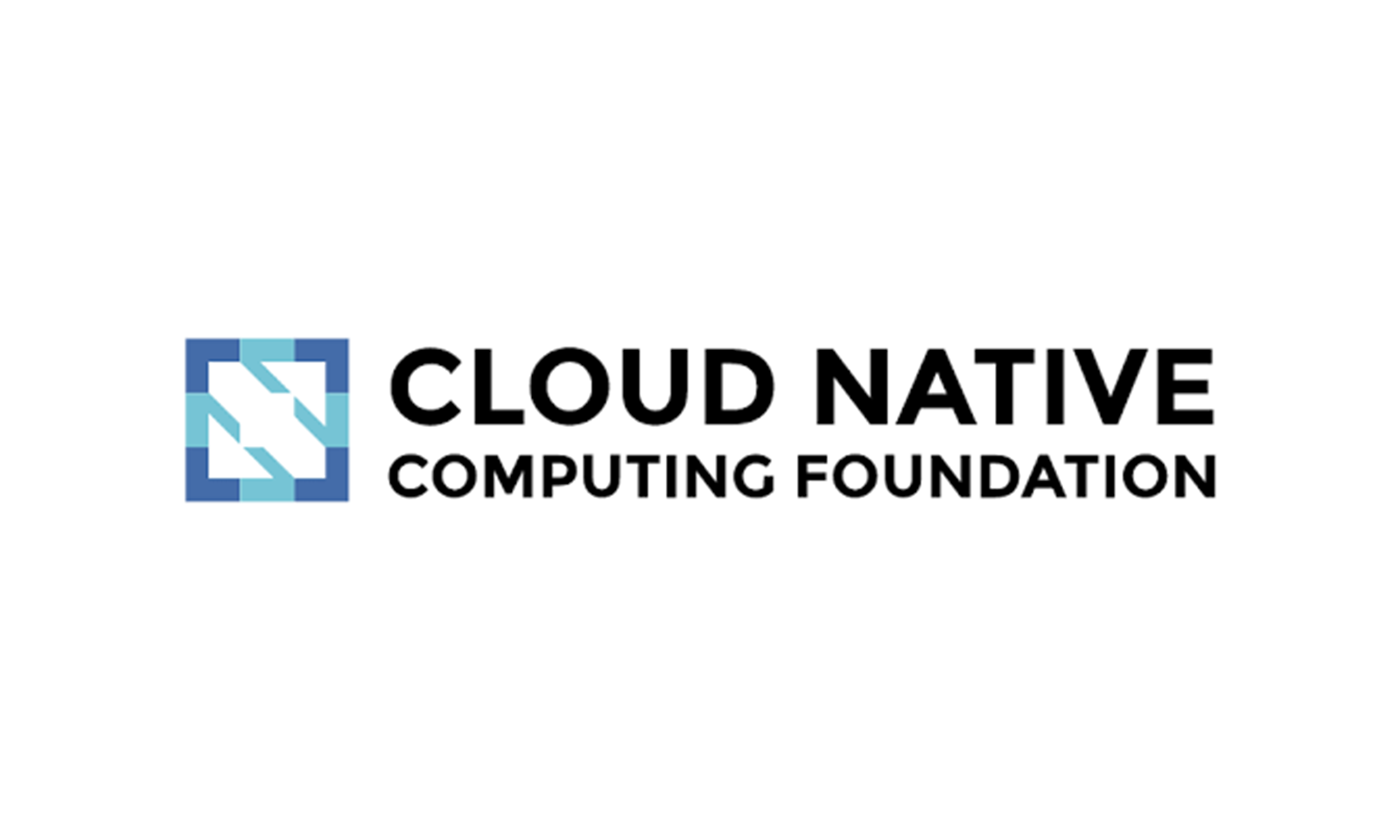
Cloud Native Computing Foundation (CNCF)
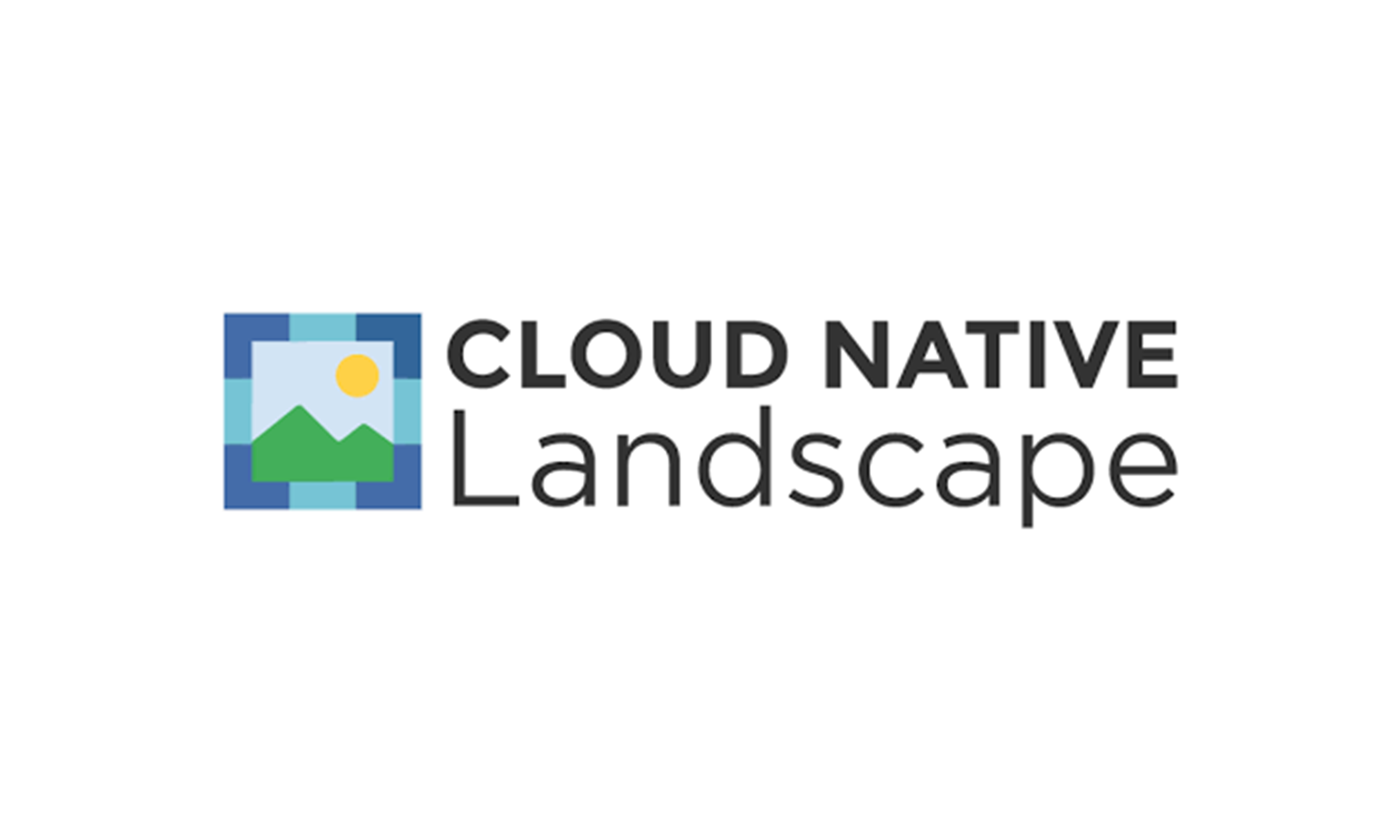
Cloud Native Landscape

Core Infrastructure Initiative
Laboratory for Innovation Science at Harvard
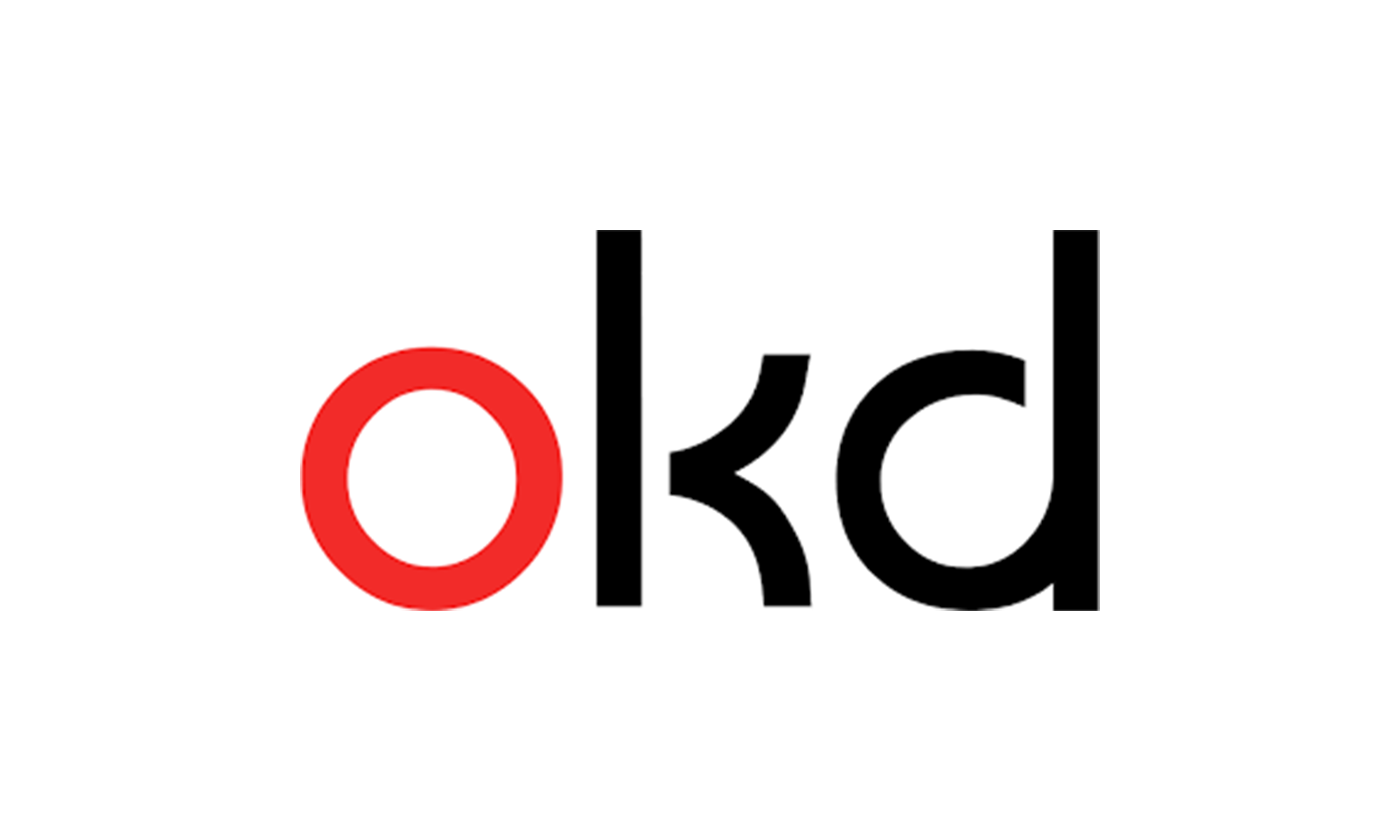
OpenShift Kubernetes Distribution (OKD)

OpenChain
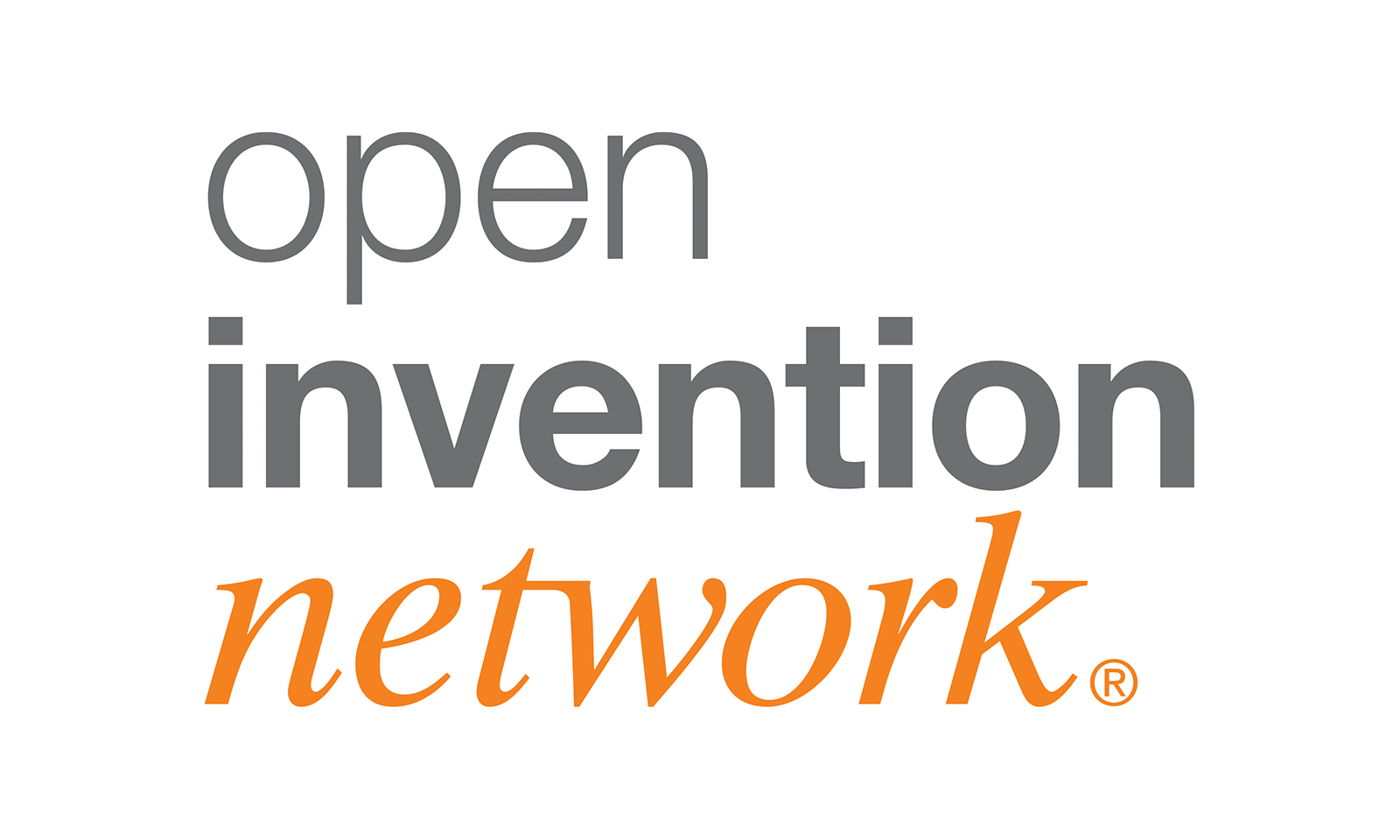
Open Invention Network (OIN)
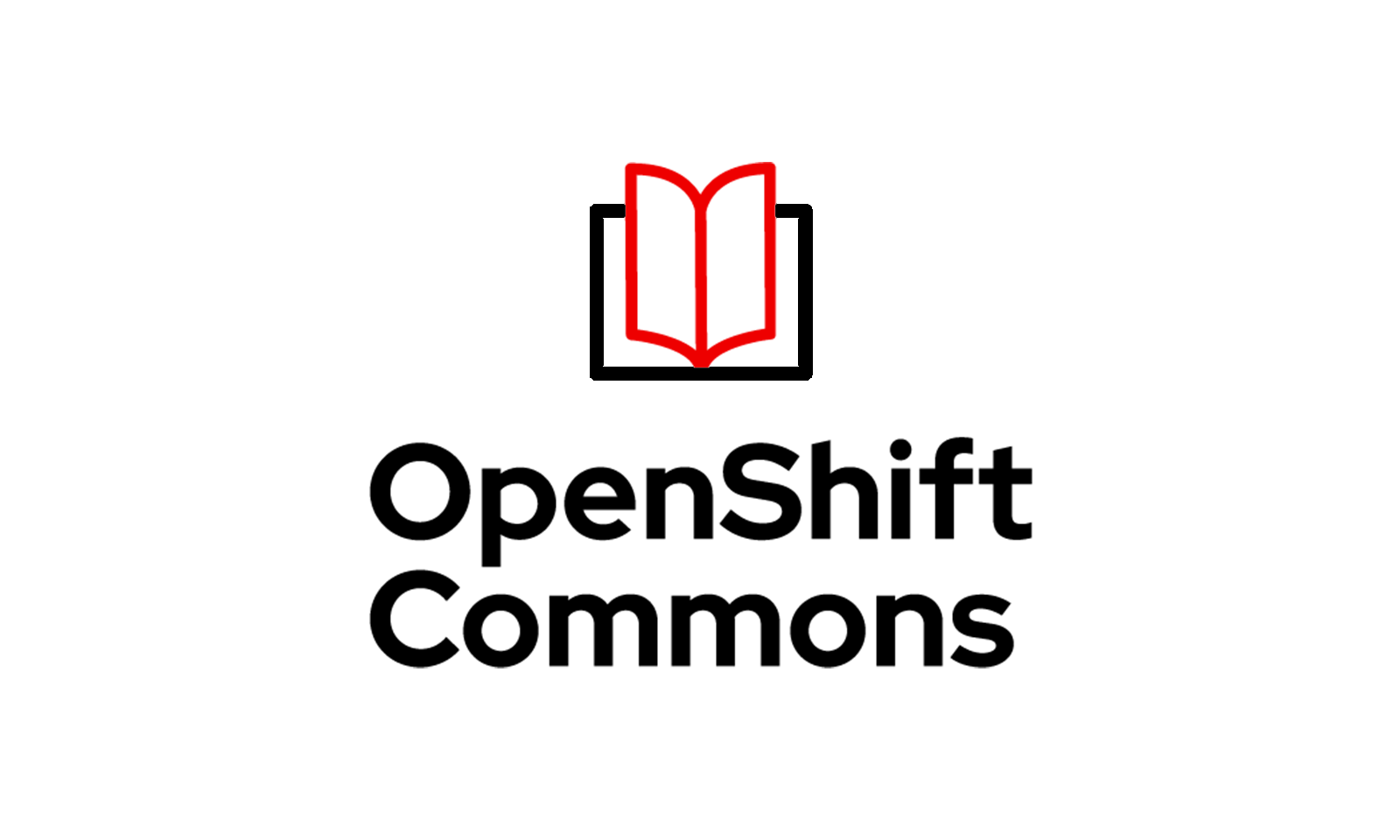
OpenShift Commons
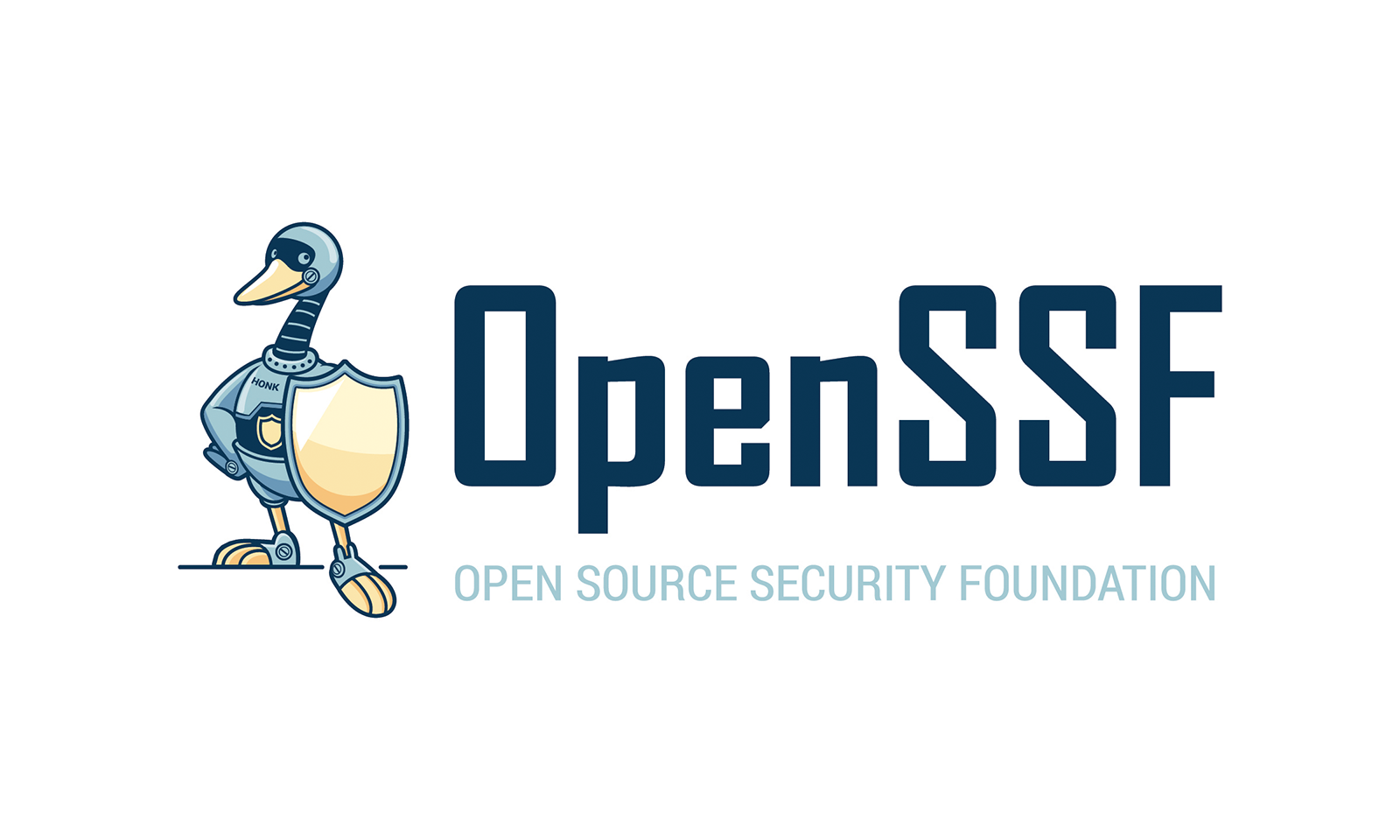
Open Source Security Foundation (OpenSSF)

Open Web Application Security Project (OWASP)
Software Package Data Exchange (SPDX)

Uptane
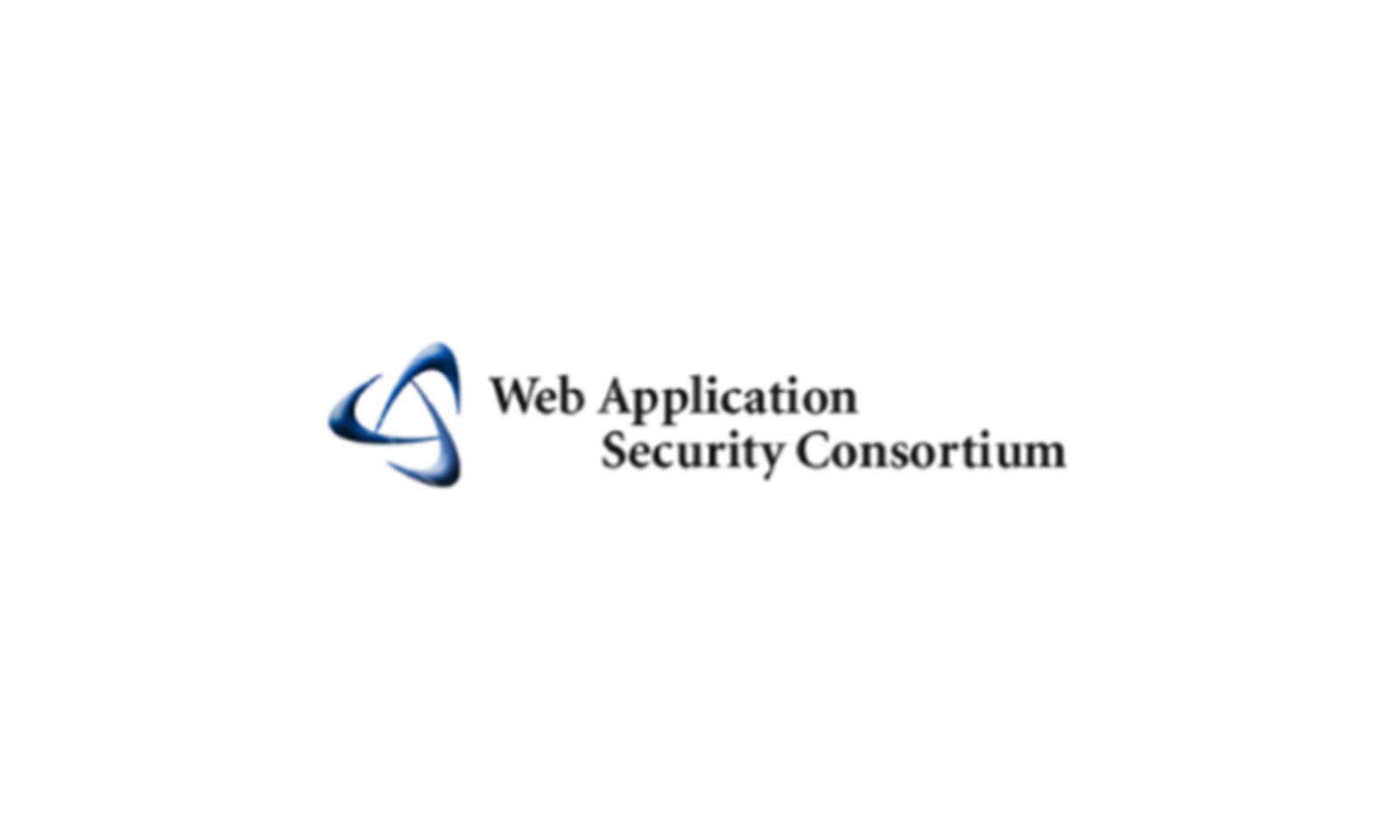
Web Application Security Consortium
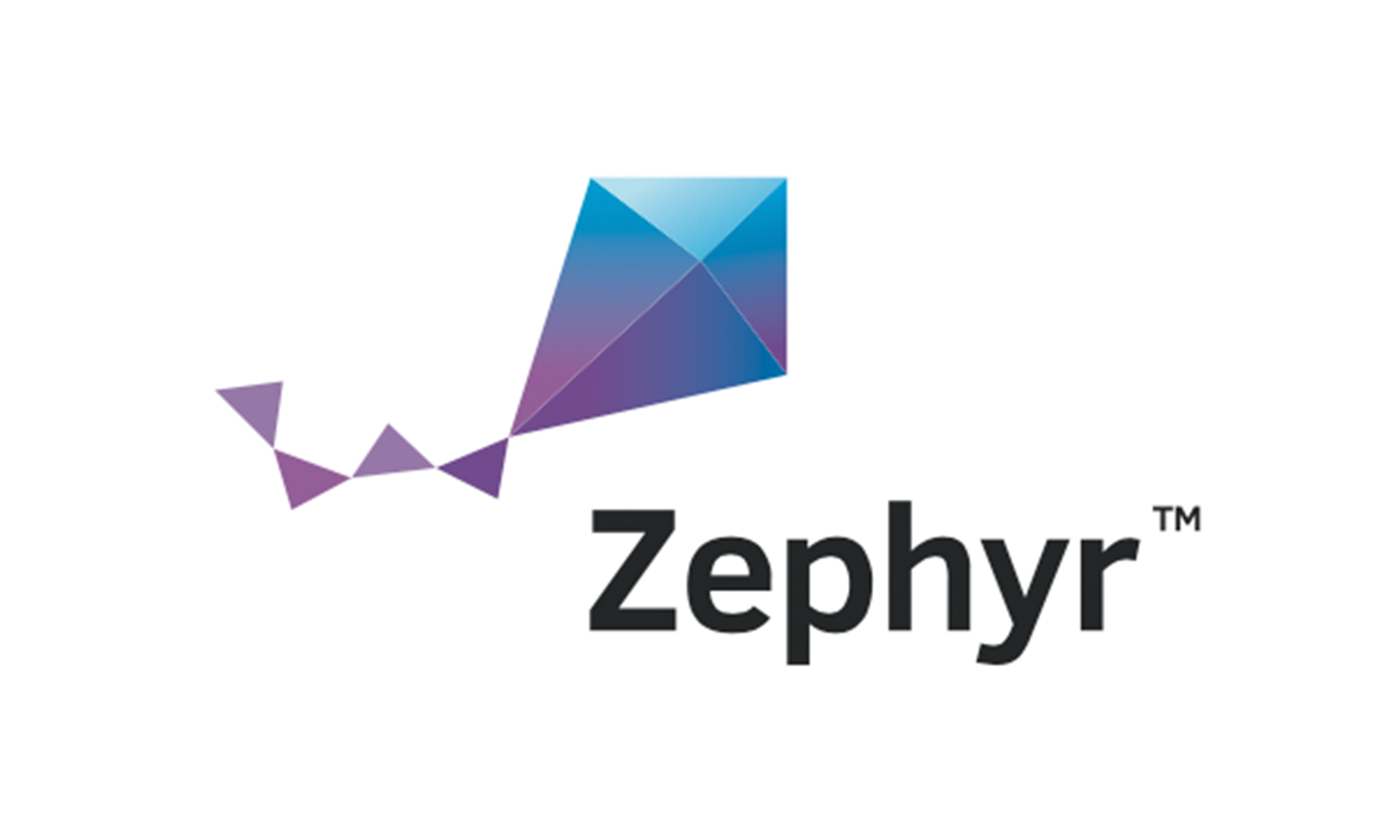
Zephyr